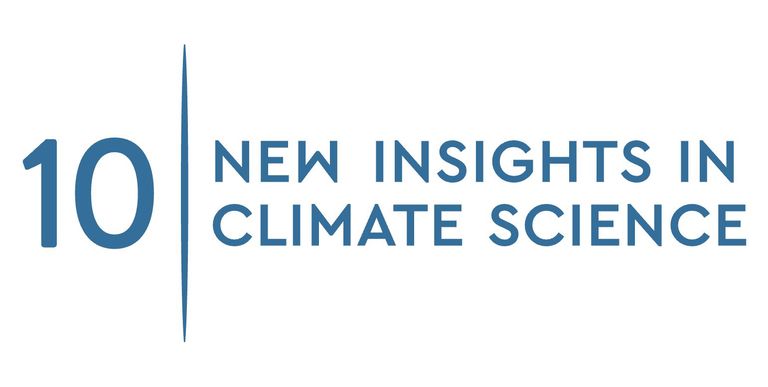10 New Insights in Climate Science 2023/2024
Each year, Future Earth, the Earth League and WCRP invite leading scientists from around the world to review the most pressing findings in climate change-related research. Summarized into 10 concise insights, the result has always been a rich and valuable synthesis for policy and society at large. The 10 New Insights in Climate Science responds to clear calls for policy guidance during this climate-critical decade.

Decades of insufficient action for mitigating GHG emissions have set the world on the current trajectory to overshoot the internationally agreed target of limiting global warming to 1.5°C, enshrined in the Paris Agreement. National mitigation commitments are inadequate to even stay well below 2°C of global warming, creating unacceptable risks for human societies and ecosystems, with vast yet unequally distributed costs. This is a dangerous gamble that could lead to irreversible impacts for life on Earth, including devastating loss of biodiversity and a rising risk of triggering climate tipping points. For example, megafires such as in Canada, May–July 2023; extreme rainfall and flooding as in Bulgaria, Greece, Libya, Spain and Turkey in September 2023; and extreme heatwaves across Europe, Asia and the Americas.
The research highlighted in this review points to the impending overshoot of 1.5°C in the short term (barring truly radical transformations). The risks they outline are an emphatic call to minimise overshoot, in both magnitude (by how much) and duration (for how long), while still acting to avoid it. New projects to expand fossil fuel infrastructure, such as the so-called carbon bombs, while clearly incompatible with the Paris Agreement, are still being approved by parties to the United Nations Framework Convention on Climate Change (UNFCCC) and the Paris Agreement. The expectations for COP28 will revolve around fossil fuel phase-out, a goal incorporated in the mandates of several governments and championed by the UN Secretary-General as part of the Acceleration Agenda at the Climate Ambition Summit 2023. To be successful, these negotiations must deliver on climate financing in support of just transitions in low- and middle-income countries.


